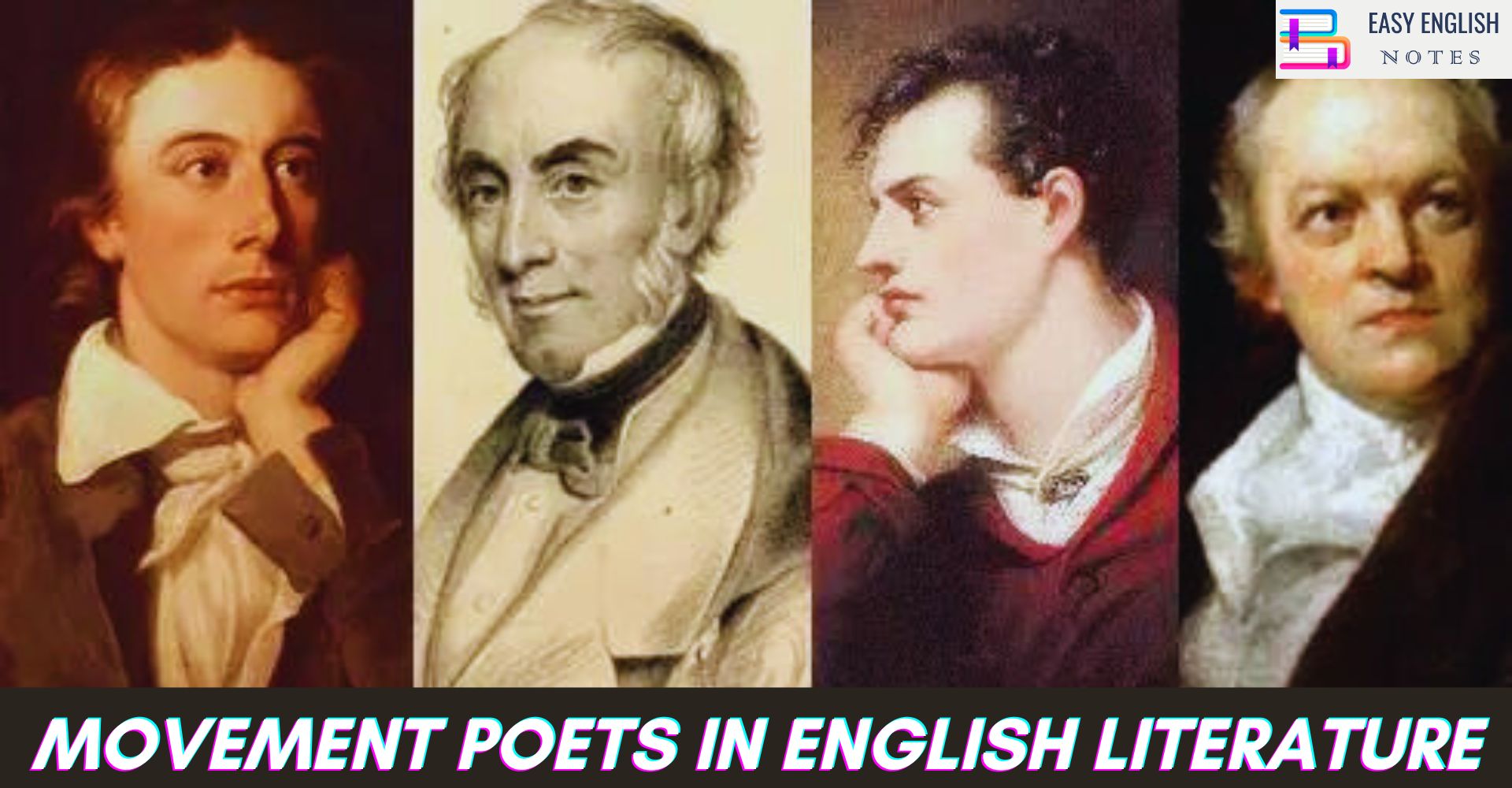The Movement was a term coined in 1954 by J. D. Scott, literary editor of The Spectator, to describe a group of writers including Philip Larkin, Kingsley Amis, Donald Davie, D. J. Enright, John Wain, Elizabeth Jennings, Thom Gunn and Robert Conquest. The Movement was essentially English in character as poets from other parts of the United Kingdom were not involved.
Although considered a literary group, members of the Movement saw themselves more as an actual movement, with each writer sharing a common purpose.
The Movement poets were considered anti-romantic, but Larkin and Hughes featured romantic elements. To these poets, good poetry meant simple, sensuous content and traditional, conventional and dignified form.
The Movement’s Importance is its worldview that took into account Britain’s reduced dominance in world politics. The group’s objective was to prove the importance of English poetry over the new modernist poetry. The members of the Movement were not anti-modernists; they were opposed to Modernism, which was reflected in the Englishness of their poetry.
Also Read :
- Compare Hamlet with Macbeth, Othello and other Tragedies
- “The Pardoner’s Tale” is the finest tale of Chaucer
- Prologue to Canterbury Tales – (Short Ques & Ans)
- Confessional Poetry – Definition & meaning
The Movement sparked the divisions among different types of British poetry. Their poems were nostalgic for the earlier Britain and filled with pastoral images of the decaying way of life as Britain moved farther from the rural and more towards the urban.
The Movement produced two anthologies, poets of the 1950s (1955) (editor D. J. Enright, published in Japan) and New Lines (1956). Conquest, who edited the New Lines anthology, described the connection between the poets as ‘little more than a negative determination to avoid bad principles.” These ‘bad principles’ are usually described as “excess”, both in terms of theme and stylistic devices. Poets in the original New Lines anthology in 1956 included Kingsley Amis, Robert Conquest, Donald Davie, D. J. Enright, Thorn Gunn, John Holloway, Elizabeth Jennings, Philip Larkin and John Wain.
The polemical introduction to New Lines particularly targeted the 1940s poets, the generation of Dylan Thomas.
In 1963, a sequel to the original New Lines anthology, titled New Lines 2, was published. It included many of the authors from the original anthology, as well as younger English poets like Thomas Blackburn, Edwin Brock, Hilary Corke, John fuller, Ted Hughes, Edward Lucie Smith, Anthony Thwaite and Hugo Williams.
PLEASE HELP ME TO REACH 1000 SUBSCRIBER ON MY COOKING YT CHANNEL (CLICK HERE)











